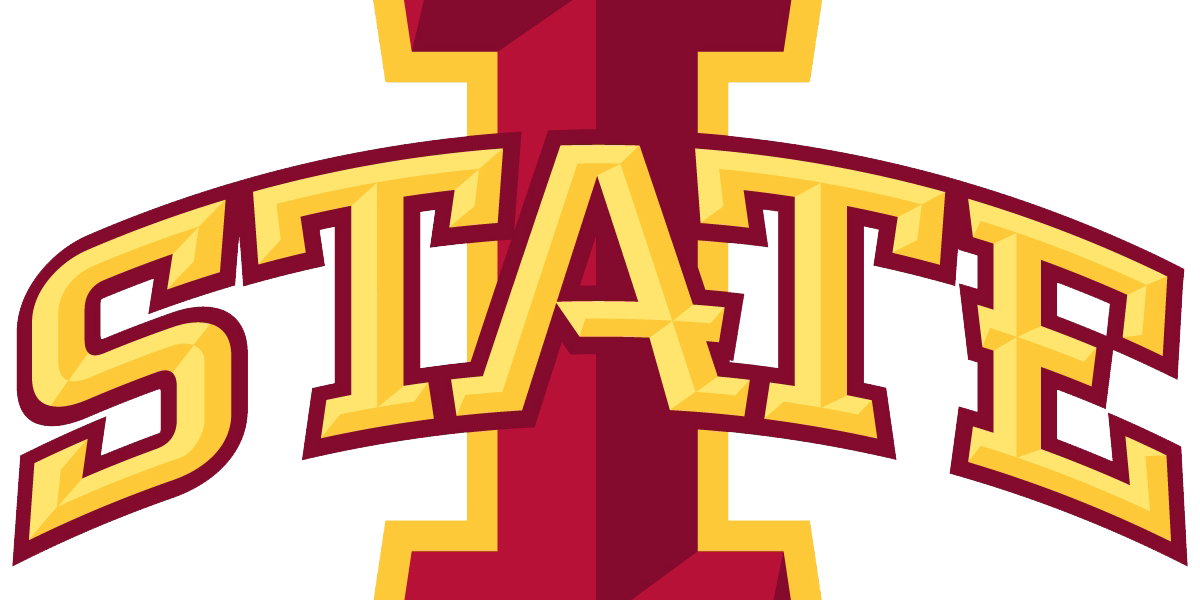Beyond Form: Functional Perspectives on CALL Research and Teaching
Iowa State University, Memorial Union
September 12 & 13, 2014
PROPOSAL DEADLINE: May 23, 2014
The Applied Linguistics and Technology program at Iowa State University invites proposals for the 2014 TSLL Conference. This year’s theme revolves around the connection between how language has evolved in our societies to accomplish goals—in other words, a functional model of language—and the role technology can play in researching or teaching language functions.
Plenary Speaker: Michael (Mick) O’Donnell, Universidad Autónoma de Madrid
The focus of Mick O’Donnell’s research has always been to understand the functional nature of language, a system which is both highly structured yet organically complex. To this end, He has explored computational modelling of language, both in terms of generating texts from underlying information representation, and automatic analysis of text to reveal meaningful patterns.
More recently, he has been exploring how we learn foreign languages, using learner corpora, manual error annotation, and automatic syntactic annotation, to identify the critical lexical and grammatical problems of specific sets of learners.
He has been developing corpus annotation tools since 1992, including Systemic Coder, RSTTool, and more recently, UAM CorpusTool, which has been downloaded over 17,000 times in the past seven years.
Submission Guidelines:
The Twelfth Annual TSLL conference aims to bring together researchers and teachers who are interested in better understanding functional perspectives on language for researching, teaching, testing, and learning through technology.
Proposals are invited for papers and posters on current practices, challenges, and research directions that address form/function connections within CALL research and teaching. We are especially interested in topics that address one or more of the following areas:
- How can a functional approach to language be exploited for the development of technological innovations in language education?
- What form/function connections can inform technology for language education?
- What are successful practices in computer-assisted teaching of disciplinary language?
- How does the language teacher use technology to help meet the practical challenges of teaching language?
- How can students in a language class use technology to obtain useful models for and feedback on their language?
- How can technology help in assessing students’ language learning?
- How can the analytic approaches from functional linguistic theories help teachers use technology to understand the challenges language presents to students?
- How can work in corpus linguistics and computational linguistics help to develop appropriate tools for teaching and learning language across the disciplines?
Types of presentations
Papers: Theory-oriented presentations or reports on completed research related to the theme of the conference. The speaker will have 20 minutes to present, followed by 10 minutes for questions and comments.
Posters: Presentations of work in progress and research at the planning phase. All poster presenters will give a 5-minute introduction of their study to the whole audience, and will then host their posters for the rest of the session. This is a great opportunity for graduate students to discuss their research plans.
Colloquia: New for 2014! Theory-oriented presentations or reports on completed research related to the theme of the conference that allow for discussion on a proposed topic. Each colloquium will allow for 75 minutes during which speakers will present and lead a discussion.
Submissions should be made by May 23, 2014 through the following link: TSLL Proposal Submissions
Submissions for Individual Papers and Posters should include the presenter’s name, contact information, co-presenter’s name(s), institutional affiliation, type of presentation, title of proposal and 250-word abstract. Colloquium submissions should include the above but the abstract can be up to 500 words.








